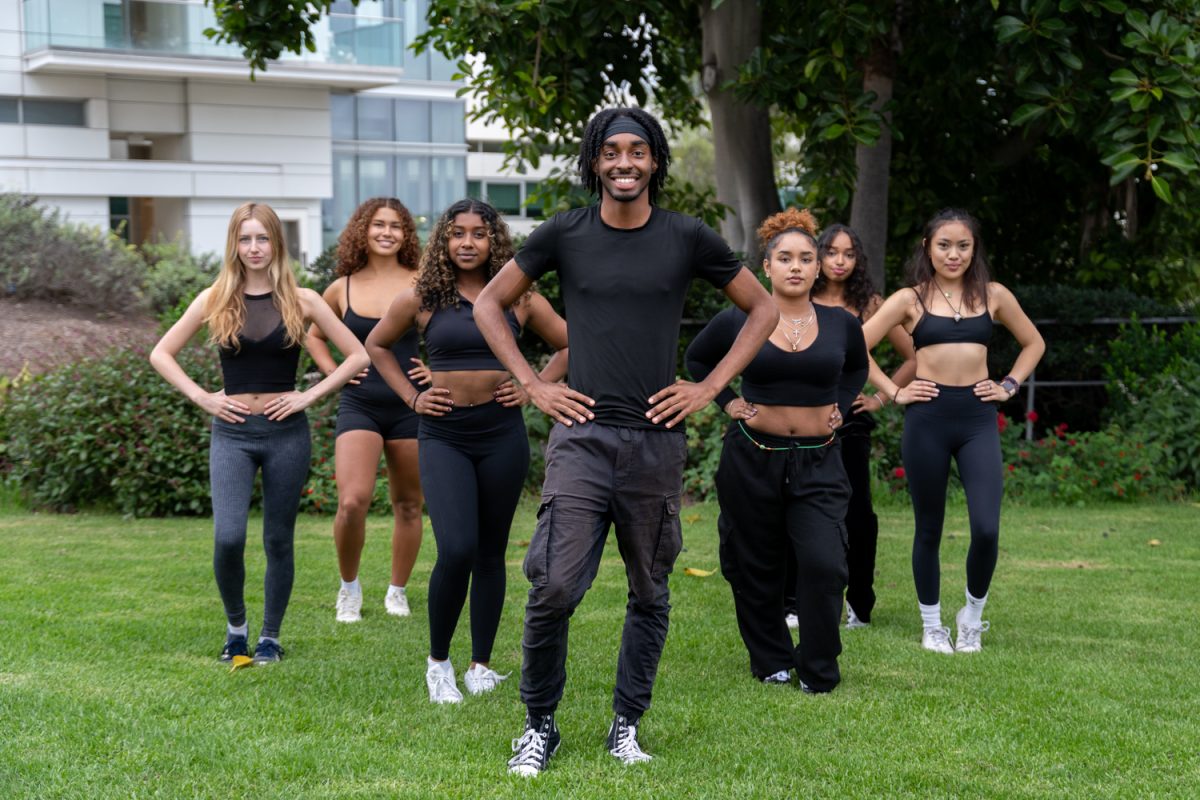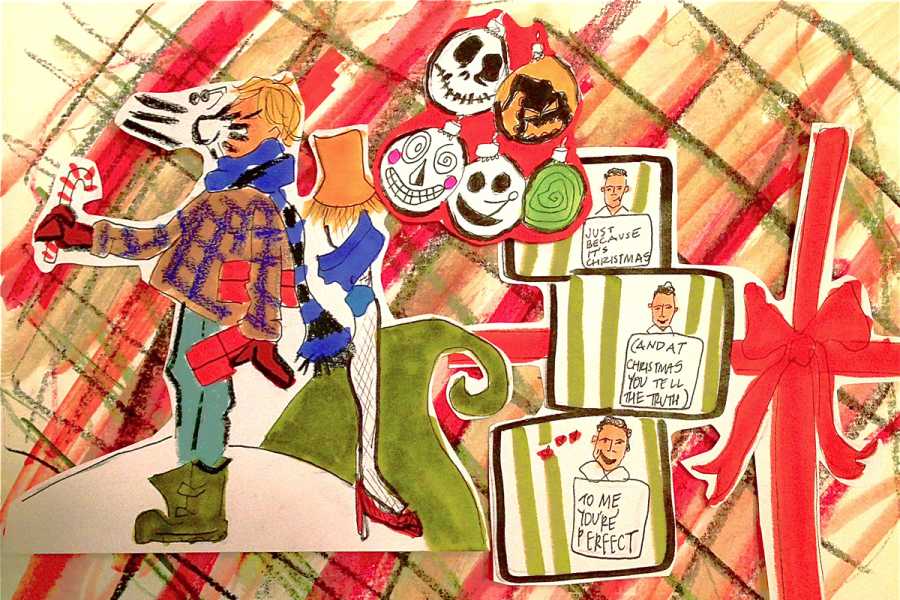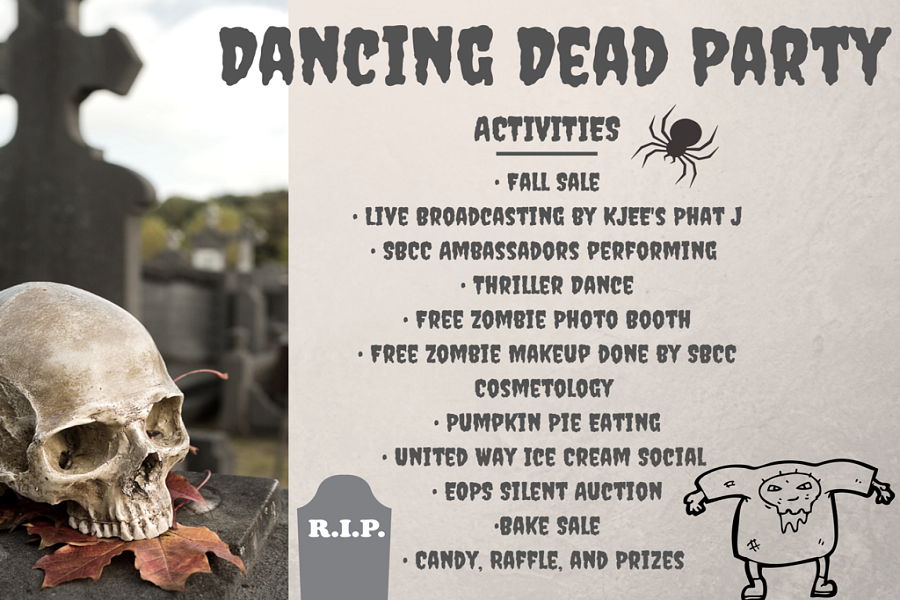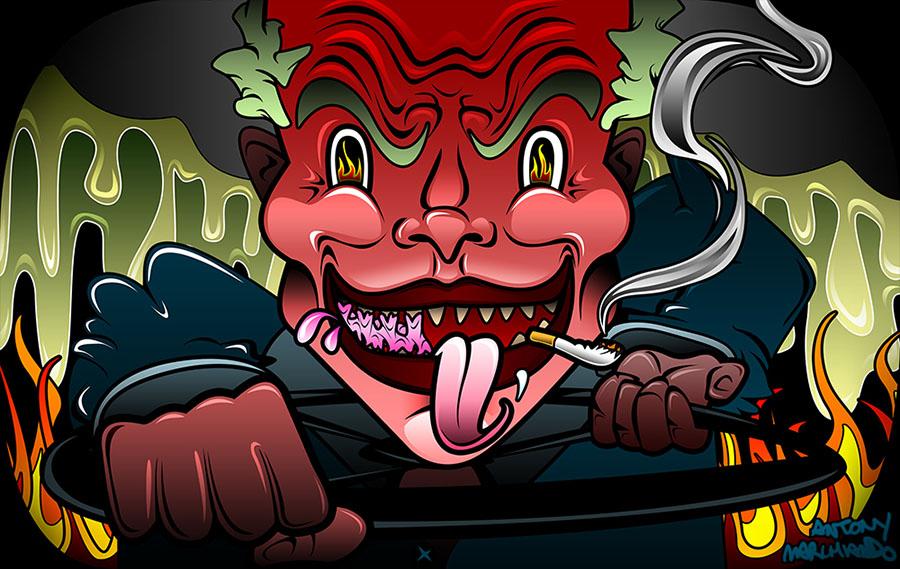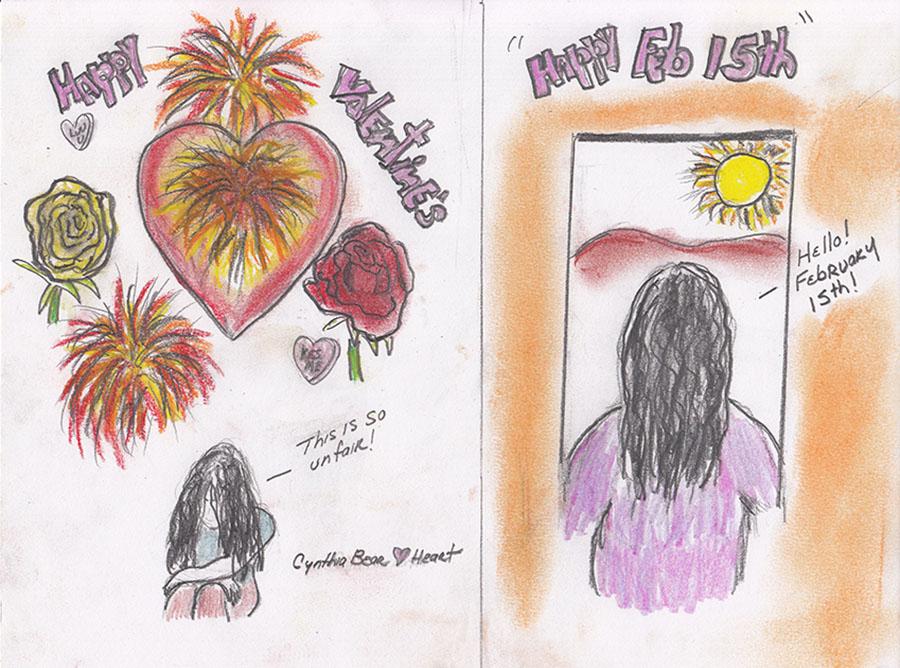Packing everything he owned onto the back of a motorcycle, 18-year-old Justice Claveria rode up the winding byways of East Camino Cielo, seeking a place to sleep beneath the vast, unyielding sky that hovered over the Santa Barbara mountains.
For months, he found solace on that mountaintop, the quiet of the wilderness offered a temporary escape from the chaos of his past—an adolescence steeped in neglect, trauma, and years of bouncing between corrupt foster care facilities.
Now a 23-year-old nursing student at City College, he reflects on his past with clarity forged through surviving his devastating childhood.
“I think about it every day, and I talk about [my childhood] a lot because I don’t want to hide anything,” Claveria said. “It’s not like I was an orphan. People don’t realize that the [foster care] system is specifically for people who had parents so severely abusive and neglectful that the state had to intervene.”
His transformation into the accomplished student, downhill skateboarder, and multifaceted musician he is today began with a search for stability.
His passions provided an escape, while supportive programs like the NextUP Program and the Guardian Scholars Program at City College helped him heal and thrive academically, allowing him to build a hopeful future.
Christina Lomeli, EOPS student advisor and service provider for the Guardian Scholars Program, recalled when Claveria joined, about a year ago.
“When he first came in, he said that for the first time in his life, he was at a place where he could focus on his career and educational goals,” Lomeli said. “Before, he wasn’t capable of that. He was merely in a place of survival.”
Surviving the system
Raised in poverty with five siblings, Claveria has remained closest to his sister, Jordyn Claveria, who is 18 months older. She said that they’ve remained bonded by similar personalities and shared traumas.
“We were always really poor, and our life was very violent, very unstable,” his sister said. “That is a defining aspect of our lives, and you can’t really understand Justice without understanding that relationship with poverty and abuse.”

The first time Justice Claveria was introduced to foster care was at 9 years old after enduring severe physical abuse and neglect from his mother and stepfather. The homeless shelter they frequented in Montana reported the family after the two youngest brothers fell out of a two-story window, prompting the state to intervene and remove the children.
Claveria and his sister were kept together because of their closeness in age, but the rest of the siblings were split up. After a couple of months in foster care, authorities discovered proper paperwork wasn’t filed, and they were legally required to return to their mother, despite the ongoing mistreatment.
The abuse went relatively undetected for a while until Claveria’s mother uprooted the family and decided to move for the first time in years. This sparked several aggressive arguments between him and his mother, resulting in law enforcement officers hauling away a 12-year-old Claveria, who was only trying to defend himself.
He spent the ages of 13 to 17 in the foster care system, bouncing between rural areas of Montana and Wyoming, living in group homes and psychiatric care facilities. None offered the support he needed.
“I was sent to a [group home] for anywhere between five to nine months, and then I’d get sent home for a month or two, then sent to a [psychiatric] ward, and so on,” Claveria said.
Many of these group homes have since been shut down for abuse, he said, blaming the brutality of the system for the suicides of many of the friends he met along the way.
Claveria said he often grappled with the thought himself, explaining how the deeply flawed foster care system harmed him far more than the cruelty of his family ever had.
“Even when I was in foster care, I remember thinking that I’d rather be abused by my mom right now than be here,” he said. “If you could survive the system, you could survive any of the violence you were probably facing at home.”
No one’s to blame
Six years ago, Claveria’s biological father, Guil Claveria, returned to his son’s life after over a decade of absence. Bringing 17-year-old Justice Claveria to live with him in Santa Barbara, he kept their relationship cohesive regardless of underlying tension.
“I have this weird silver lining with my dad,” Claveria said. “I’m just not mad at people anymore. So even though my dad hasn’t been the best, there’s no real point in me being upset.”
With a stable roof over his head, Claveria sought a proper education, enrolling at La Cuesta High School. With a near-photographic memory and strong conviction, he earned his diploma in just a year and a half.
He said poverty was not just an economic condition but a defining force in his life. He described his childhood as admittedly traumatizing, but after years of suffering, he finds solace in knowing that no one is really to blame because he and his family were victims of a “caste-like” system.
“There are much larger systemic structures than my family being at fault,” Claveria said. “I don’t think people are actively trying to hurt others. That’s why people talk about generational trauma, it doesn’t just leave. And everyone deserves to be painted in the light of the life they lived.”

A new beginning
After some disagreements with his father, Claveria found himself on his own again shortly after his 18th birthday. Packing up a few belongings onto his motorcycle, he spent nearly five months living on the road before purchasing the van he calls home today.
“At this point, I live in a van that I love and would actually prefer to live in,” Claveria said. “I get a lot of freedom and can do whatever I want—my whole life is there.”
Including his skateboard.
Surrounded by hills and mountains while growing up in Montana, Claveria developed a passion for downhill skateboarding. He taught himself to slide and drift, honing a skill that would later become both a passion and an escape.
Claveria’s love for skateboarding was reignited when he moved to Santa Barbara and discovered that one of his idols, world champion downhill skateboarder Kevin Reimer, lived nearby. Reimer welcomed him to the scene, quickly becoming close friends.
Other local skaters took him in, and soon Claveria was getting free gear and competing alongside them at downhill races.
“It was weird, because I came from such severe trauma, and then on a regular basis I’m traveling with these world-renowned skaters,” he said. “It was the craziest f—ing shift to me. It’s part of why I was able to let go of a lot of my trauma for a couple of years—I was doing this now, and that was all behind me.”
After five years of friendship, Reimer expressed admiration towards Claveria’s ability to completely tune out the world while skating.
“Justice has always just been really positive,” Reimer said. “That’s the biggest thing I’ve noticed, but I’m also really proud of everything he’s done. I’ve shared that with him before, but maybe not enough.”
After a high-speed day of skateboarding down mountains, Claveria retreats to his van, a mobile sanctuary riddled with musical instruments and related gear. He found an outlet in music—tinkering with guitars, electronica, synthesizers, drum machines, or any musical gadget he could get his hands on. This creative space offers him an escape as comforting as the rush of skating.

A remarkable love for life
Claveria’s father attributes his son’s resilience to a remarkable love for life. Reflecting on his son now several years later, he describes that despite the complicated nature of their relationship, he is not surprised with his decision to pursue medicine.
“All those things [he went through] culminate to a point of purpose that he wants to help people because he needed help when he was younger,” Guil Claveria said. “Now that he’s older, he has become the kind of human that likes to give. I think that’s why he’s in the nursing program. He ultimately wants to help and give back to the community.”
Now in his second semester at City College, Justice Claveria is fully engaged in his education. Earning near-perfect exam scores in his anatomy classes and taking advantage of everything campus and college life have to offer.
The NextUP and Guardian Scholars programs focus on supporting students to thrive academically and personally. This year, the program helps just over 50 students, less than 1% of the total student body, including Claveria.
He credits a big part of his happiness to these support programs, his peers, and the guidance he’s gotten from Lomeli.
“He is one of the most motivated students in our program,” Lomeli said. “Seeing that drive in somebody who’s been through so much is really rare and has been a guiding light for the rest of the students that he interacts with.”
Claveria remembers when he discovered the level of support he would receive from the program—he cried realizing he could finally break free from a cycle of full-time jobs and instead concentrate on building a life for himself.
Claveria now spends the majority of his time parked in front of friends’ houses in Isla Vista. Studying, skating, writing, and performing music have become catalysts for his creative expression and the now serene rhythm of his life.
“Justice is someone who enjoys life in a lot of ways, he still appreciates the world around him,” Jordyn Claveria said. “You can even tell by the music he makes; if you listen to his lyrics, it’s about the world being beautiful and that it needs to be celebrated….it shows how much he wants to stay alive.”
Justice Claveria is set to transfer to a four-year university by the end of next fall, continuing his journey toward a career in nursing. His passion for helping others, shaped by his own experiences, drives him as he moves closer to his goal of making a meaningful impact in the lives of those in need.
“I’m the luckiest [and also] best-case scenario of what happens to people who are in my position,” Claveria said. “I see myself as a statistical anomaly but I have the capacity to share my story and speak to the traumas that aren’t shown—but also [to prove] how there are ways to get through it.”



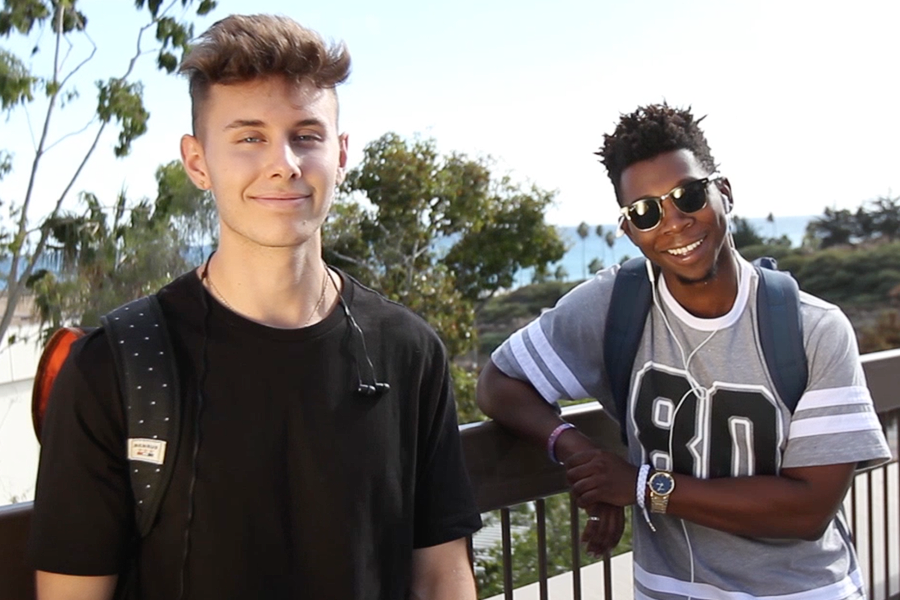
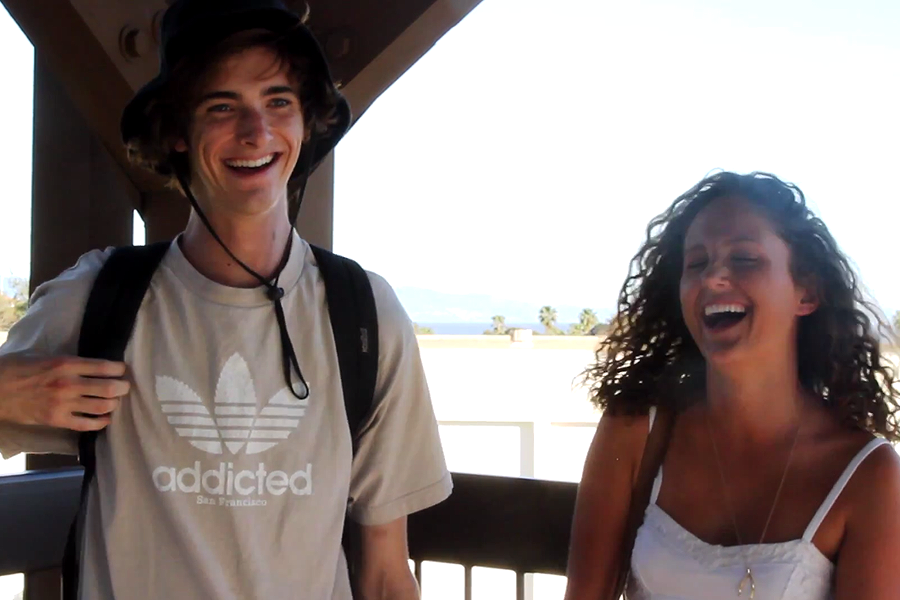
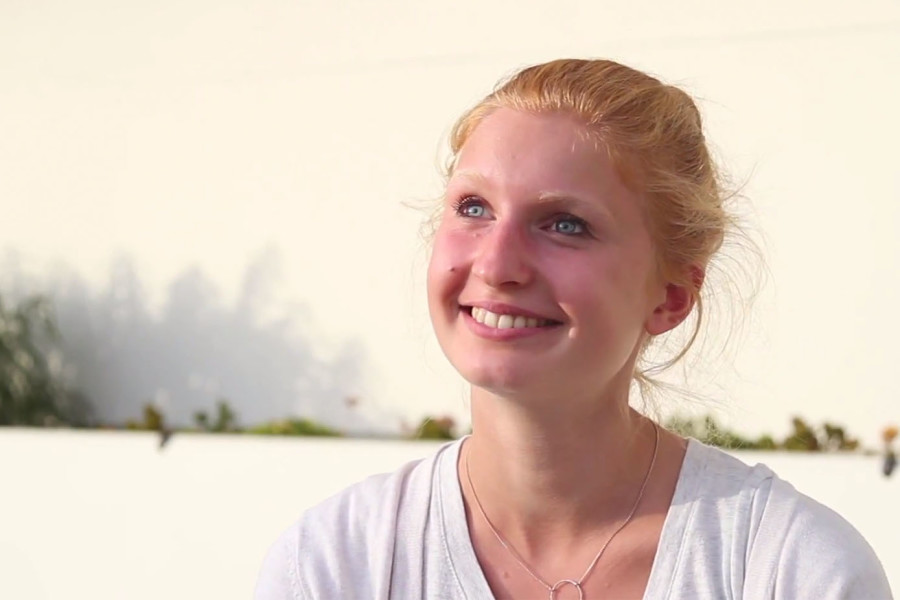
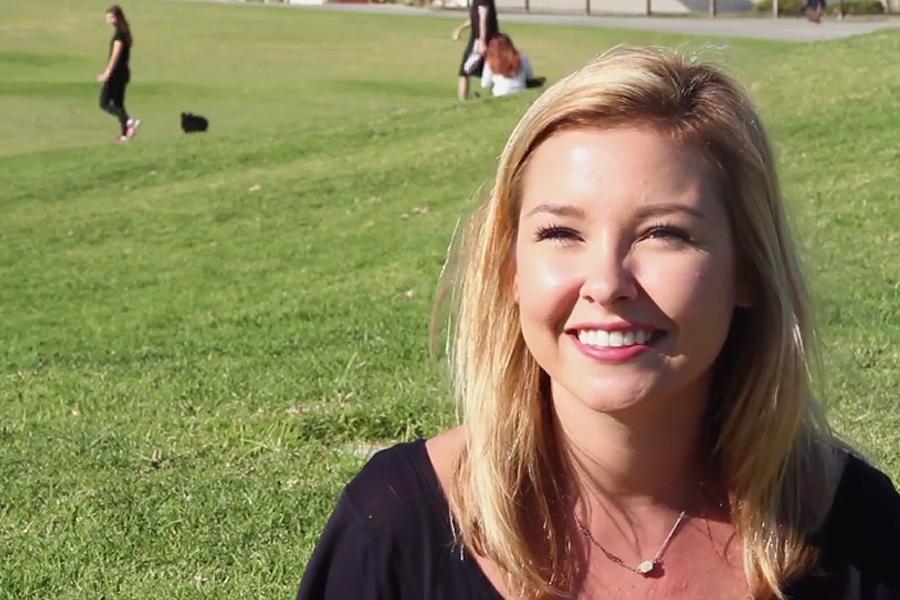
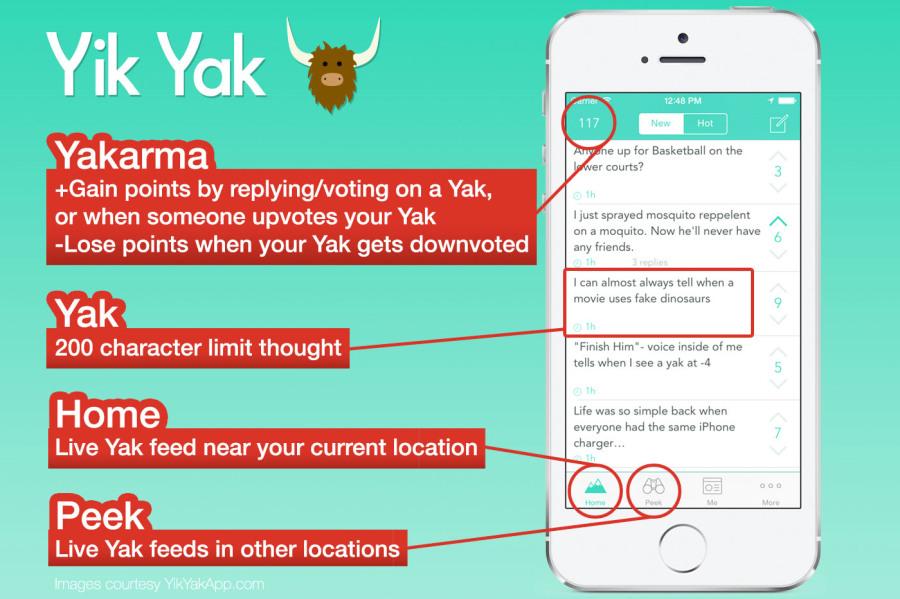
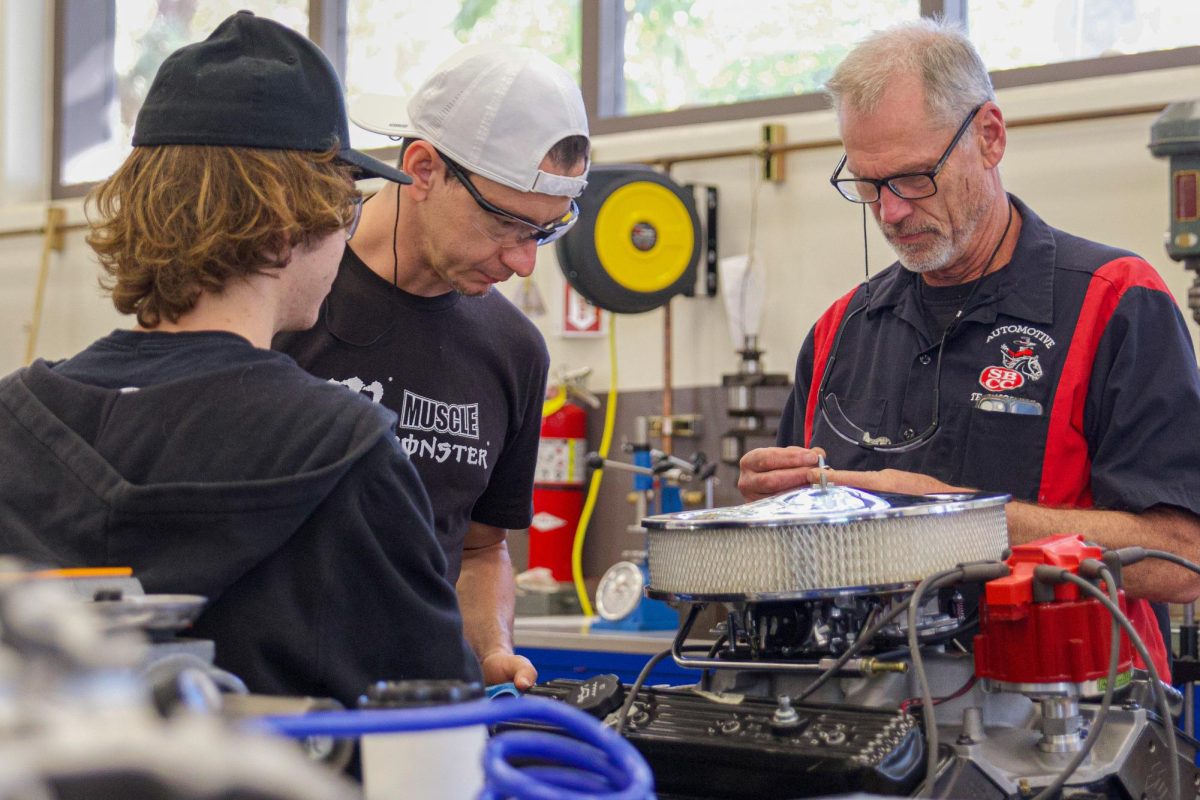
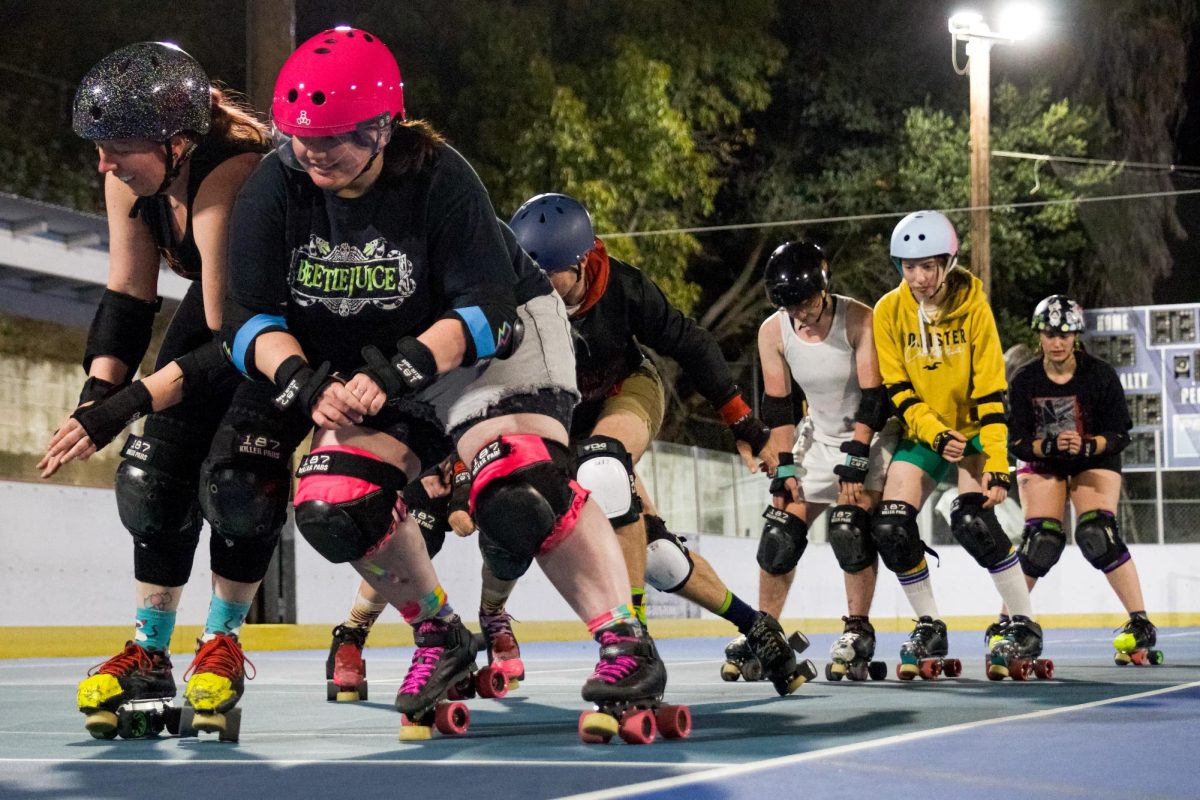


![Bingbong, a 1 and a half year old Belgian Malse Shepard mix, watches as a car passes by on Oct. 22 at the County of Santa Barbara Animal Shelter in Santa Barbara, Calif. "[Bingbong] is extremely playful, and enjoys his time with humans. He's a little stressed when he's left alone in the kennels...he really just wants a home," Animal Handler Dustin Fujuikawa said.](https://www.thechannels.org/wp-content/uploads/2024/10/AZFoster-3-1200x800.jpg)
